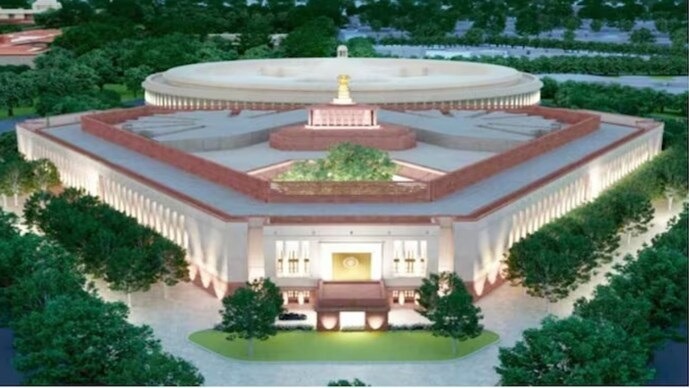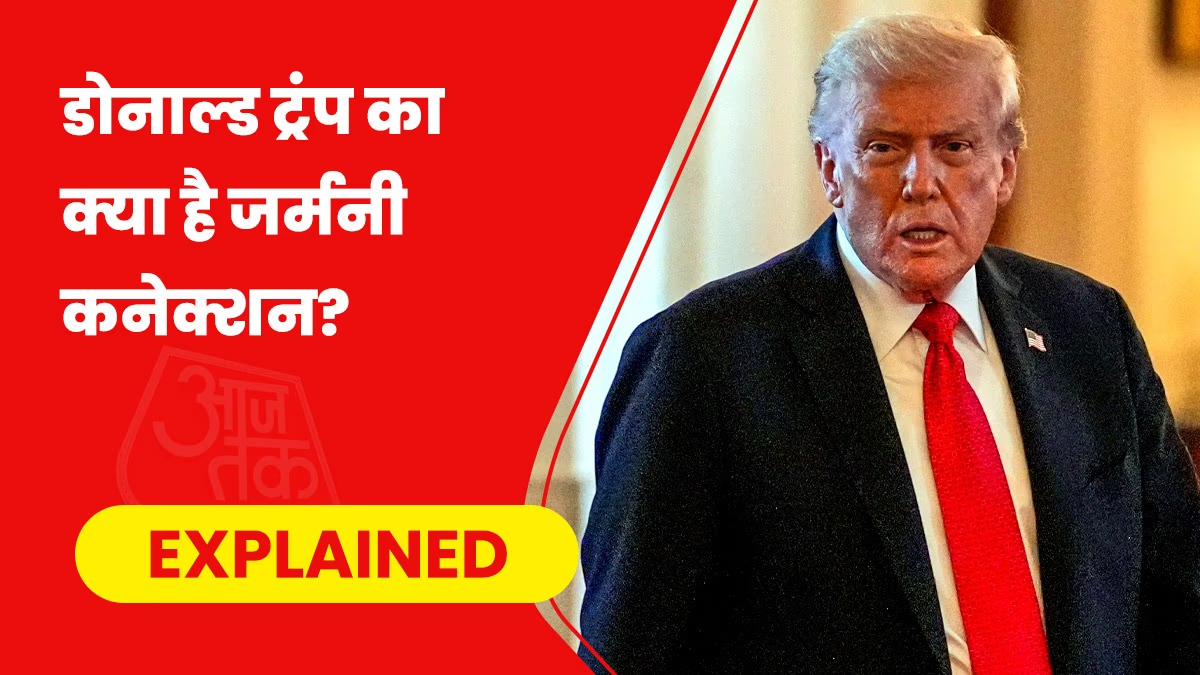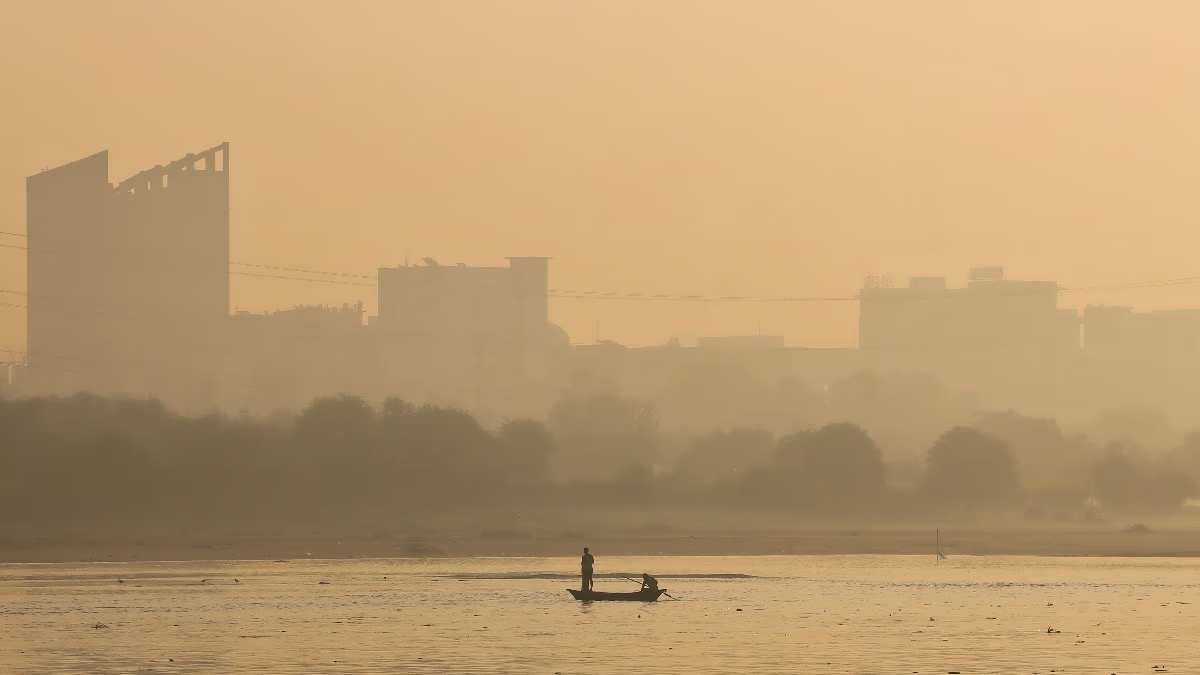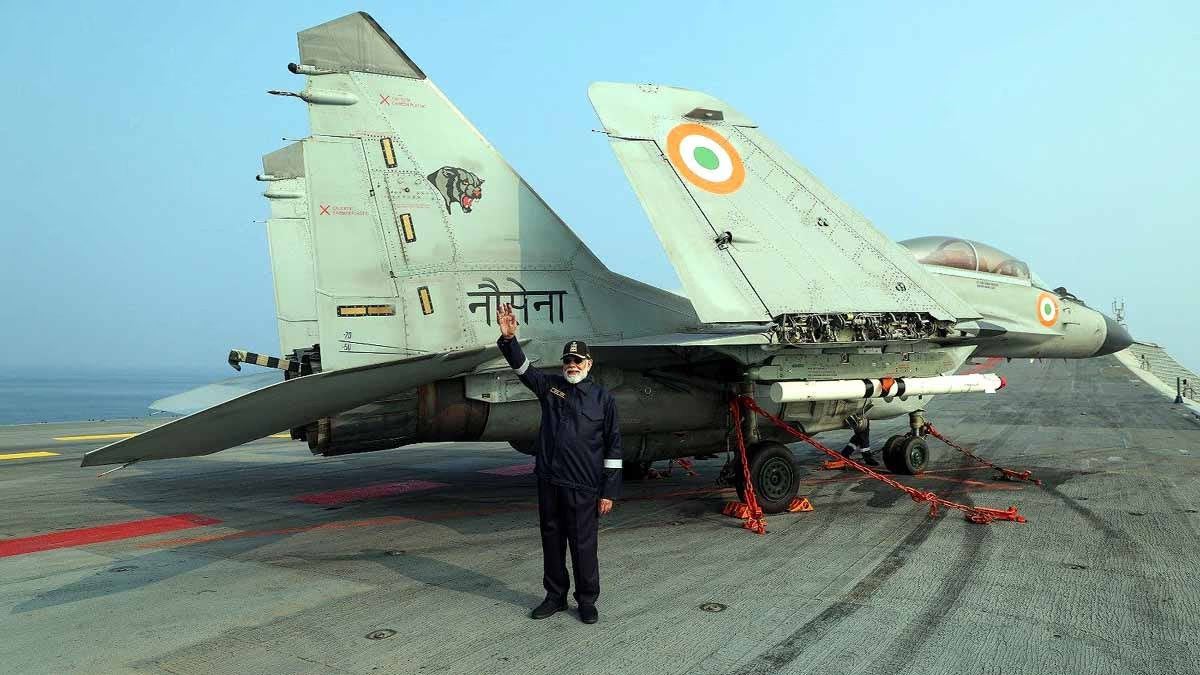From the northern reaches to the southern realms of the parliamentary elections, rebel candidates have escalated political tensions. In Bihar, the Purnia seat moved under the fold of the Rashtriya Janata Dal (RJD), prompting Congress's Pappu Yadav to step into the fray as an independent. Bringing distress to BJP in Rajasthan's Barmer seat is Ravindra Singh Bhati. Similarly, in Karnataka, K.S. Eshwarappa, having rebelled against BJP, has thrown his hat into the ring for Shimoga's seat. These insurgent independents are ratcheting up the political parties' headaches.
As these independent candidates take to the electoral battleground, they are variously labeled as vote splitters or dummy contenders, with each trying to categorize these leaders of no party affiliation in their own way. Amidst debates over vote splitters and dummy candidates, the pages of the past are being revisited to ask: how have independent candidates fared in the history of general elections since independence? Let's have a look.
When the Independents Scored the Highest Wins
Independent candidates have been stepping into the electoral arena since the very first elections. In the 1951-52 general elections, 37 independent Members of Parliament were elected. This number grew in the second election but dipped in the third. In every election since then, independents have continued to reach Parliament, with a peak of 42 independents in 1957—marking the highest number of such wins to this date.
The Yearly Victorious Tally of Independents
In the years since, the tally of independents reaching Parliament has seen fluctuations: with 20 in 1962, 35 in 1967, 14 in 1971; after the Emergency, there were 9 each in 1977 and 1980 elections, 13 in 1984, 12 in 1989. Only one independent managed to win in 1991, marking the lowest representation in any Lok Sabha. The subsequent elections in 1996 saw 9, 6 each in 1998 and 1999, 5 in 2004 and 9 in 2009 emerging victorious.
Read also:
Record Post 2014 Elections
The two elections of 2014 and 2019 saw a diminished count of independent MPs. Excluding 1991, these two elections had the lowest numbers, with 3 independents winning in 2014 and 4 in 2019. In 2019, from Maharashtra's Amravati, Navneet Rana; from Assam's Kokrajhar, Naba Kumar Sarania; from Dadra and Nagar Haveli, Mohanbhai Sanjibhai; and from Karnataka's Mandya, Sumalatha Ambareesh made it to Parliament as independents.
Read also: In the Midst of Lok Sabha Elections, Congress Faces a Blow in UP, Former MP Joins BJP with a Dozen Supporters
Why Is There an On-Going Debate to Ban Independents from Running?
There have been recurring calls to ban independents from contesting elections. The Law Commission in 2015 recommended to the government amendments to Sections 4 and 5 of the Representation of the People Act, proposing that only registered political party candidates be allowed to contest in Lok Sabha and state assembly elections. The commission suggested that most independents are either dummy candidates or not serious contenders.




